Texts and Lessons for Spot-On Writing About Reading
One in a million. Yes, that’s how rare it is to have so many write-about-reading strategies so beautifully put to use. Each year Leslie Blauman guides her students to become highly skilled at supporting their thinking about texts, and in Evidence-Based Writing: Fiction, she shares her win-win process. Leslie combed the ELA standards and all her favorite books and built a lesson structure you can use in two ways: with an entire text or with just the excerpts she’s included in the book. Addressing Evidence, Character, Theme, Point of View, Visuals, Words and Structure, each section includes: Lessons you can use as teacher demonstrations or for guided practice, with Best the Test tips on how to authentically teach the skills that show up on exams with the texts you teach. Prompt Pages serve as handy references, giving students the key questions to ask themselves as they read any text and consider how an author’s meaning and structure combine. Excerpts-to-Write About Pages feature carefully selected passages from novels, short stories, and picture books you already know and love and questions that require students to discover a text’s literal and deeper meanings. Write-About-Reading Templates scaffold students to think about a text efficiently by focusing on its critical literary elements or text structure demands and help them rehearse for more extensive responses. Writing Tasks invite students to transform their notes into a more developed paragraph or essay with sufficiently challenging tasks geared for grades 6-8. And best of all, your students gain a confidence in responding to complex texts and ideas that will serve them well in school, on tests, and in any situation when they are asked: What are you basing that on? Show me how you know.
This section explicitly states how the lessons address test-taking skills and
provides ideas to introduce students to the genre of standardized tests. This
section offers a quick view to find This section. 2 LESSON 1 Ask and Answer
Questions ...
